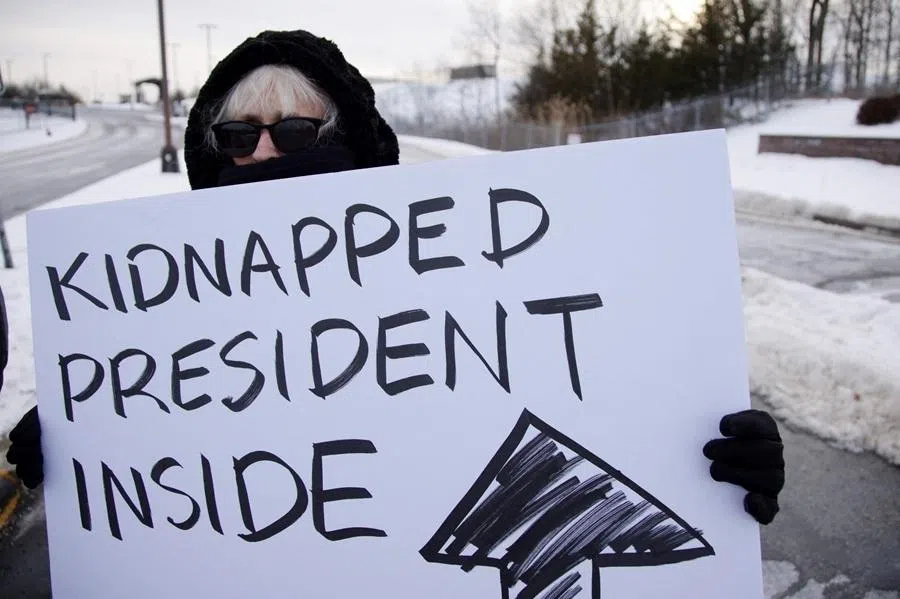Can Japan stay neutral in a war over Taiwan?
Academic Chen Hongbin looks at the different scenarios of mainland China engaging in military reunification with Taiwan, and argues that Japan would do well to remain neutral in order to protect its land and people, rather than suffer serious consequences.
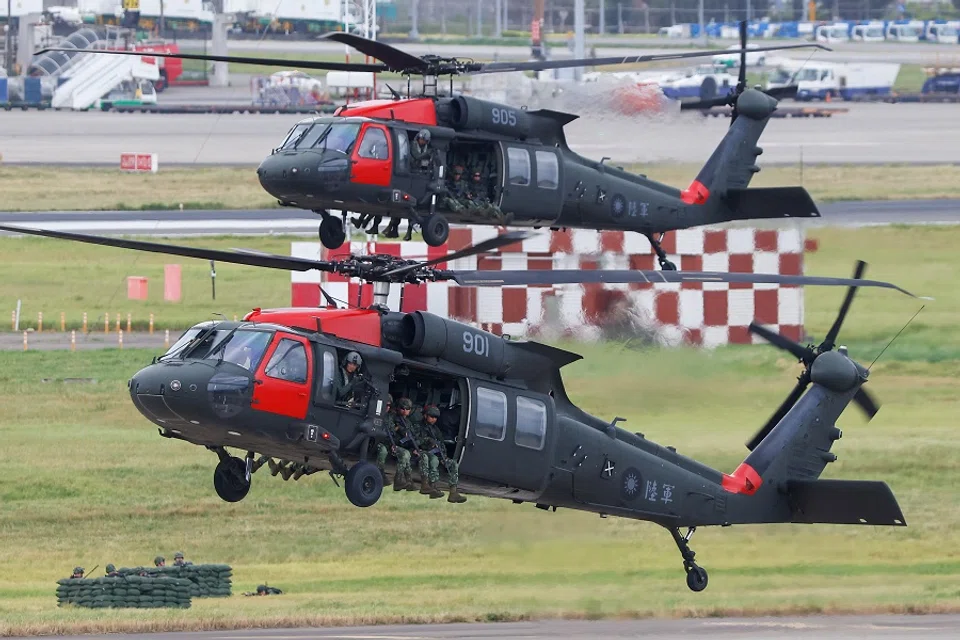
National reunification is mainland China's number one core interest. If Beijing ever turned to military reunification to retake Taiwan, its success would largely depend on whether US-led outside forces would intervene.
Japan's decision crucial
A US military intervention would undoubtedly launch its attacks from the US bases in Japan. Hence, Japan's willingness to permit the US to use these bases, as well as more civilian ports and airports, would have a direct bearing on the US's ability to carry out its plan of action.
In other words, if mainland China pursues military reunification, Japan has two options: one, fully support and cooperate with US intervention in the Taiwan Strait, thereby declaring war with China; or two, remain neutral and refuse to allow the US military to launch attacks from its bases.
The second option would undoubtedly severely impact Japan-US relations, rendering the US-Japan Security Treaty null and void. It could also lead to Taiwan returning to its motherland and reunification across the Taiwan Strait - something that Japan does not want.
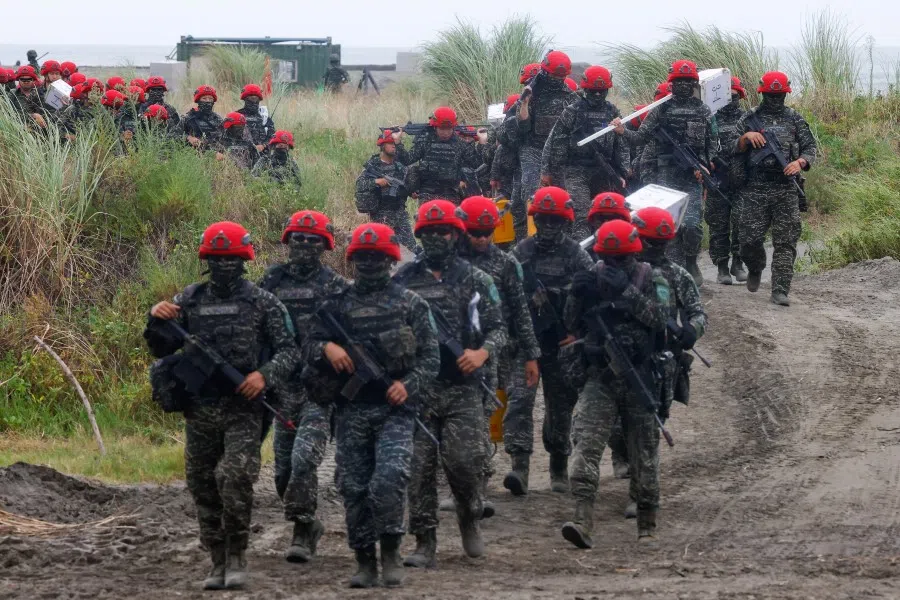
However, this option would allow Japan to avoid serious military strikes while protecting its people and land from the ravages of war. This may seem highly unlikely for now, but it is possible in the future, depending on how Japan's leaders and parliament assess the pros and cons to determine the lesser of two evils.
Japanese politicians and media currently avoid addressing this issue directly but the opposition parties have repeatedly demanded a clear stance from the Kishida administration. During a Senate Budget Committee meeting on 6 March this year, Constitutional Democratic Party Senator Michihiro Ishibashi raised the issue of Japan's counterattacking ability, asking, "Can Japan refuse when the US requests for protection?"
Japanese Prime Minister Fumio Kishida stressed that the decision to respond or not ultimately lies with Japan.
This response clearly indicates that the Kishida government has not put all bets on the US on this crucial issue, leaving room to manoeuvre.
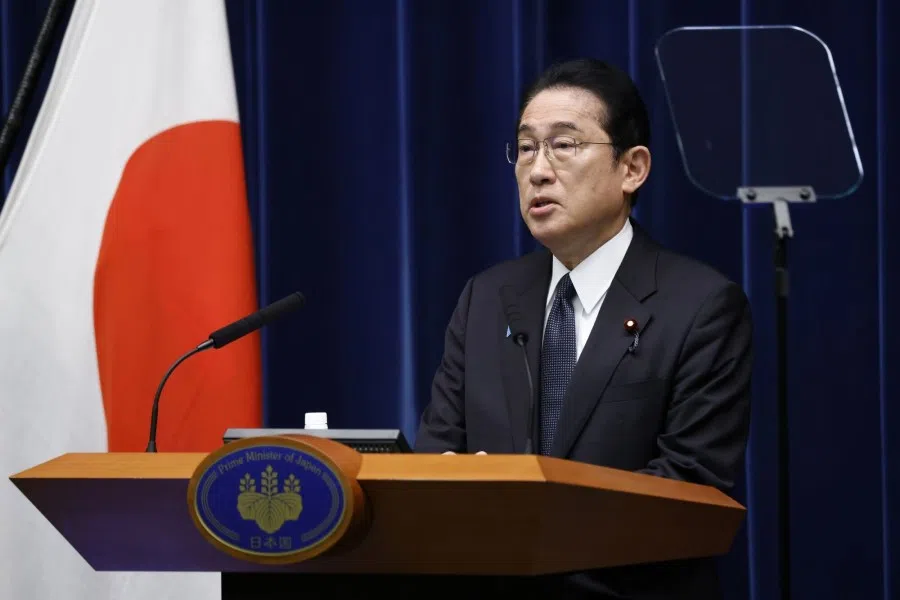
Ishibashi probed further, asking, "When there is an issue with Taiwan, and the US military wants to launch attacks from Japan, does Japan have the right to say no?"
Kishida clarified that Japan will make an independent decision from the perspective of safeguarding national interests. This response clearly indicates that the Kishida government has not put all bets on the US on this crucial issue, leaving room to manoeuvre.
No guaranteed win
China should closely monitor the trend of public opinion, dispel Japan's concerns in regard to its choice in this scenario, and help steer public opinion in this direction.
Previously, in a war game conducted by the Center for Strategic and International Studies in the US, one scenario simulated Japan choosing to remain neutral, while in other scenarios, Japan suffered varying degrees of military strikes due to its direct or indirect involvement. The worst-case scenario saw the use of nuclear weapons by China.
If the Japanese government does not want the country to suffer military strikes, it would have to forbid the US military to launch attacks from its bases. The US military would have to change its strategy and launch attacks from Andersen Air Force Base in Guam while deploying aircraft carrier strike groups to the Taiwan Strait. If China conducts missile attacks on Andersen Air Force Base, the US military may even have to launch their attacks from Hawaii or Alaska instead.
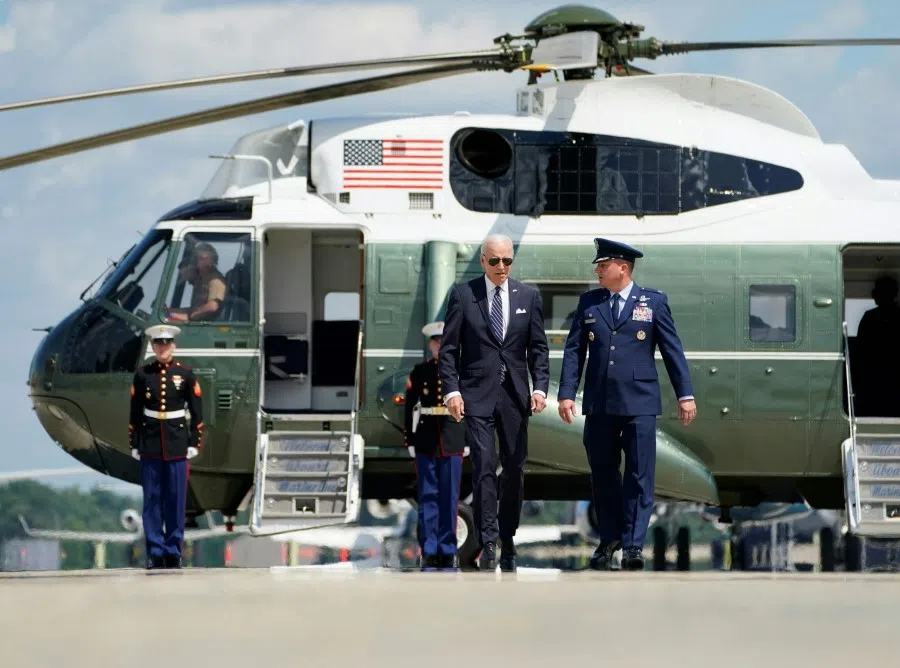
This would greatly increase the US's response time and severely delay its operations, allowing military reunification across the Taiwan Strait.
Meanwhile, if Japan does not choose to stay neutral but instead supports and cooperates with US intervention in the Taiwan Strait conflict, they may not necessarily win. While the US is the only superpower in the world today, especially in terms of military strength, its forces are dispersed globally. It is expected to deploy mainly the Marine Corps in Okinawa, alongside the Taiwanese military and the Japanese Self-Defense Forces, which may not necessarily win against the mainland Chinese military.
Of course, the US military can also deploy aircraft carrier strike groups and nuclear-powered submarines as reinforcements, but distant water has limited power over a raging fire, especially considering China's mid-range missiles with significant destructive power.
... the general public will question if it is worth paying such a significant price for the sake of Taiwan, and this is the position that is currently gaining ground in Japanese society.
A smaller price to pay
If Japan decides to stay neutral, China will achieve its important goal of cross-strait reunification, while Japan will lose an important bargaining chip against China.
But this is a smaller price to pay compared with a saturation attack with mid-range missiles. If China directly attacks Japan, it will inevitably counterattack at all costs. However, the general public will question if it is worth paying such a significant price for the sake of Taiwan, and this is the position that is currently gaining ground in Japanese society.
In particular, leaders of the Liberal Democratic Party have repeatedly warned the Kishida administration through various channels not to provoke mainland China over the Taiwan Strait issue, but to ease bilateral relations through diplomatic means and to avoid, as much as possible, a "Taiwan emergency".
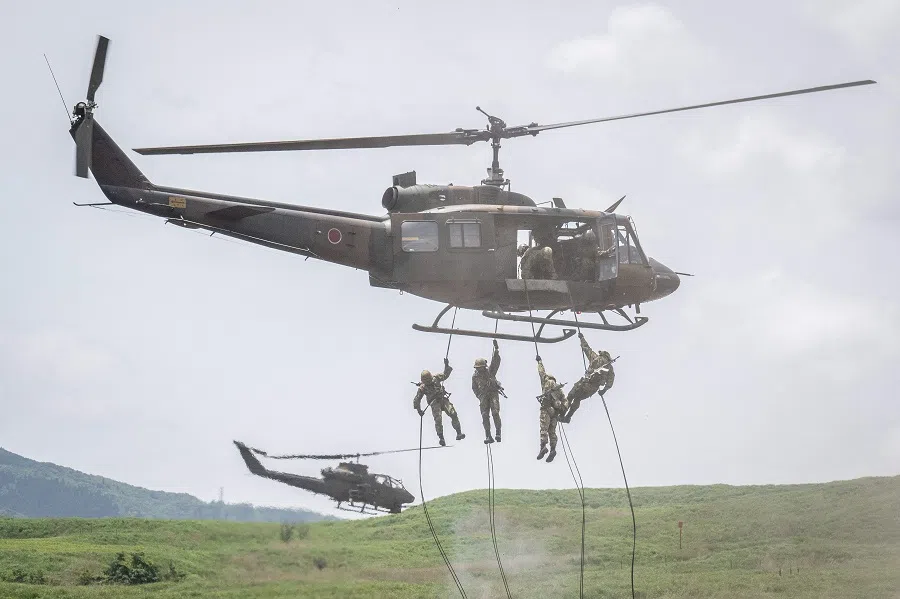
However, Kishida has been reluctant to state unequivocally that he does not support "Taiwan independence" as he wants to gain the backing of right-wing forces. Meanwhile, the US's 2022 National Security Strategy released in October last year reiterated that the country does not support "Taiwan independence".
Indeed, the course of the Taiwan Strait crisis would be determined by Japan's choice to remain neutral in order to prevent war in its own country. Without Japan's bases and logistical support, the US would not be able to intervene and could possibly abandon intervention altogether, thus removing the biggest external obstacle to achieving cross-strait reunification.
Even if the US and the West were to respond by imposing comprehensive economic sanctions on the mainland, it is prepared to face this consequence for the sake of reunification. If "economic sanctions" is the reason the mainland renounces "the option of taking all measures necessary" to achieve reunification, mainland Chinese will not accept this.
To urge the Japanese government to make up its mind on this important issue, the mainland should assure the Japanese side through various channels that, as long as Japan promises to not unconditionally agree to the mobilisation of US bases to intervene in the Taiwan Strait conflict, the mainland will as much as possible ensure that Japan will not be implicated in the event of an armed reunification, and that there will be no direct attack on Japan, nor will its shipping routes be disrupted.
However, if the Japanese government insists on risking it all, it will be a different matter altogether.





